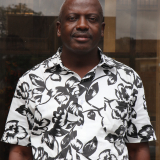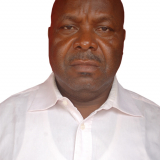Water scarcity continues to pose serious problems to households in Africa. This is very critical in Nigeria especially in some States like Enugu State where over half (2.37 million) of the residents lack access to safe water source. To find ways to deal with this challenge, this study examines the coping strategies and factors that determine the coping strategies adopted by households to mitigate the impact of water scarcity; and determines the preferences of Enugu residents regarding the different, especially, improved water supply options and estimate their willingness to pay. A sample of 600 households drawn randomly from 40 urban enumeration areas, 15 households per enumeration area, will be used for the study. Data for the study will be collected using semi-structured interview (SSI) questionnaire administered through computer assisted personal interviewing. The preferences of the respondents regarding different and improved water supply options will be determined through a discrete choice experiment (DCE) and questions that will be included in the questionnaire. Multivariate probit analysis will be used in estimating the coping strategies. This will help determine coping strategies that are compliments and those that are substitutes. Conditional logit model and mixed model (multinomial and conditional logit models) will be used in estimating the DCE. The respondent's willingness to pay (amount of money they would be willing to give up having improved water supply) will also be determined. The study will equally find out the choices preferred by the citizens for improved water supply.
Coping with water scarcity, preferences and willingness to pay for water supply in Enugu Nigeria
Project status
Completed
Country
Authors
Sustainable Development Goals
Financed by
Environment for Development initiative




